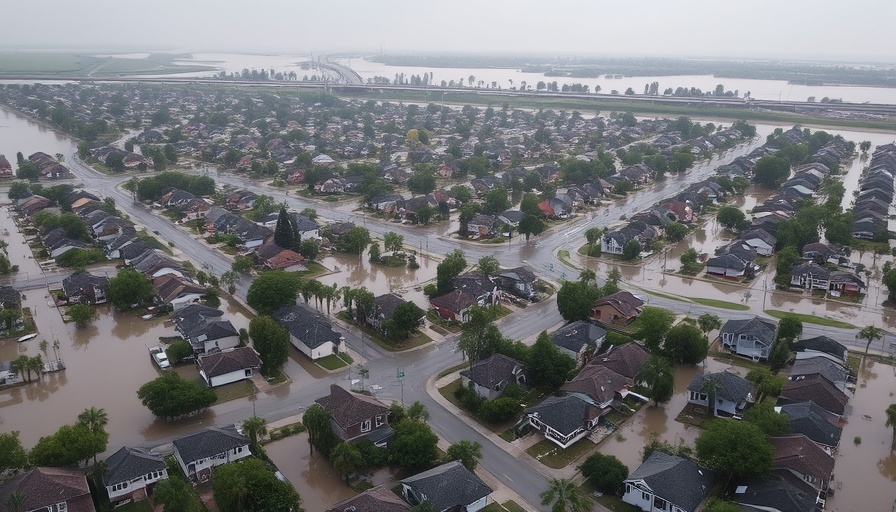
Understanding Louisiana's New Building Codes
Hurricane Katrina's devastation highlighted the critical importance of robust building codes that can withstand natural disasters. Following the catastrophic events that took place twenty years ago, Louisiana took proactive measures by establishing a mandatory statewide building code to better protect its communities. The move aimed to align with the modern international codes that were established shortly after Katrina struck.
Hurricane History and Lessons Learned
Since Katrina, Louisiana has faced subsequent hurricanes that tested the resilience of these new codes. The 2020 hurricane season was particularly brutal, with storms like Laura, Delta, and Zeta leading to historically high insured losses. These events further emphasized the need for continuous improvements in building practices to safeguard residents against severe weather.
Economic Implications of Building Codes
The push for updated building codes was not solely about structural integrity; it was also tied to economic realities. Former Insurance Commissioner Jim Donelon noted that many areas in Louisiana lacked the necessary resources, such as permitting offices and inspectors. This raises a significant concern: how can local governments ensure that the costs of upgrading systems don’t deter compliance? A balance needs to be struck between safety and affordability for residents.
Future Trends in Disaster Preparedness
Looking ahead, Louisiana's updated building code aims to equip the state for future storms more effectively. Stakeholders are continuously advocating for further enhancements, pushing for grant programs that financially assist homeowners in retrofitting their properties to the updated standards. As consumers, residents can expect to see more stringent requirements as part of their insurance agreements, which may affect claim policies going forward.
The Importance of Staying Informed
For residents in South Carolina and beyond, understanding these developments in Louisiana can serve as an awakening about the vulnerabilities surrounding hurricane preparedness and insurance claims. Knowledge of property damage claims data, trends in insurance payouts, and specific local laws can empower homeowners. It can help them navigate the complexities of insurance disputes and ensure they are equipped when disaster strikes.
Implementing Best Practices for Property Owners
As residents evaluate their own property protections, they should consider adopting best practices informed by Louisiana's experience. This includes staying updated on local building codes, actively engaging with insurance providers about coverage, and understanding the implications of claim policy language. Taking these steps can prove invaluable for securing fair treatment in claims processes and achieving favorable outcomes after disasters.
In conclusion, as Louisiana solidifies its defenses against future storms, the experiences and methods drawn from these developments can serve as crucial insights for property owners everywhere. Staying informed, prepared, and proactive in addressing vulnerabilities can make a significant difference when facing the uncertainties that severe weather brings.
 Add Row
Add Row  Add
Add 




Write A Comment